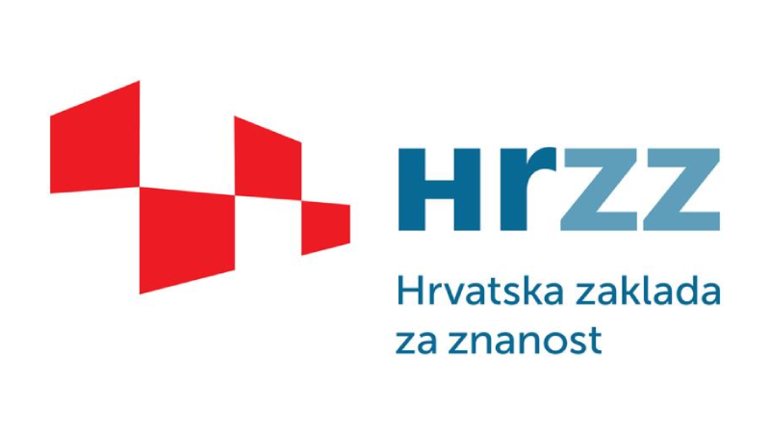Dr Andreja Ambriović Ristov, lead author of the paper, elaborates on the significance of their discovery: "In the face of tumour resistance to therapy, our focus on integrin molecules has unveiled their dual role in conferring drug resistance and enhancing tumour cell mobility, thus driving metastasis. While previous attempts at targeting integrins have faced challenges, our findings pave a promising new path."
Discoveries and implications
Traditional antitumor drugs remain a primary approach for tumour treatment, despite the evolution of targeted drugs. However, the genetic instability of tumours frequently culminates in therapy resistance. One contributing mechanism involves the upregulation of integrin molecules on the tumour cell surface. These integrins not only bolster resistance to antitumor drugs but also enhance tumour cell mobility, fostering metastasis. Hence, integrins have been a focus of investigation for potential tumour therapy targets.
Dr Ambriović Ristov, explained: "Integrins have long been explored as potential targets for tumour therapy due to their dual impact on drug resistance and metastasis promotion. However, our understanding has been hindered by limited clinical success of integrin-targeting drugs, indicating gaps in our comprehension of their mechanisms."
The collaborative research involving the Ruđer Bošković Institute and the University of Manchester teams delved into the role of integrins within melanoma cells. Notably, the integrin αVβ5, situated on cell surfaces, triggers the formation of focal adhesions upon binding to specific extracellular matrix proteins. These adhesions, comprising numerous proteins, connect the extracellular environment to the intracellular cytoskeleton. This connection plays a pivotal role in various cellular processes and cell-extracellular matrix interactions.
Central to focal adhesions are adapter proteins known as talins. The study discovered that talin2 from focal adhesions interacts with KANK2, a protein in the cortical microtubule stabilizing complex. This connection mediates crosstalk between actin and microtubules, two key components of the cytoskeleton, thereby maintaining cell structure and function. Notably, targeting talin2 or KANK2 increased cell sensitivity to the antitumor drug paclitaxel and reduced cell mobility, signifying a potential reduction in metastasis.
The research, conducted under the Croatian Science Foundation project "Integrin αVβ5-related focal and reticular adhesions in melanoma – AdMeFoRe," marks a significant step in comprehending the complexities of integrin-related mechanisms in cancer cells. The findings offer a more refined perspective on potential downstream targets for more effective tumour therapy.
Dr Ambriović Ristov noted, "Our aim is to identify downstream molecules from integrins that could serve as more definitive targets for patients. Talin2 and KANK2 are promising candidates that could pave the way for enhanced therapies."
The importance of international cooperation and the Adhere conference1
This research aligns seamlessly with the upcoming Adhere1 international conference, scheduled from September 6 to 9 in Zadar. Organized by Dr Ambriović Ristov in collaboration with colleagues from Athens, Greece, and the University of Kent, United Kingdom, the conference spotlights the significance of international cooperation in advancing cell adhesion research.
The European Molecular Biology Organization (EMBO) and 'The Company of Biologist' have lent their support to the Adhere1 conference, underscoring its importance in catalysing progress in cell adhesion research.
Dr Ambriović Ristov shared her anticipation, stating, "We envision the conference as a platform for igniting innovative ideas and propelling cell adhesion research toward the development of novel therapies for tumours and potentially other diseases."



